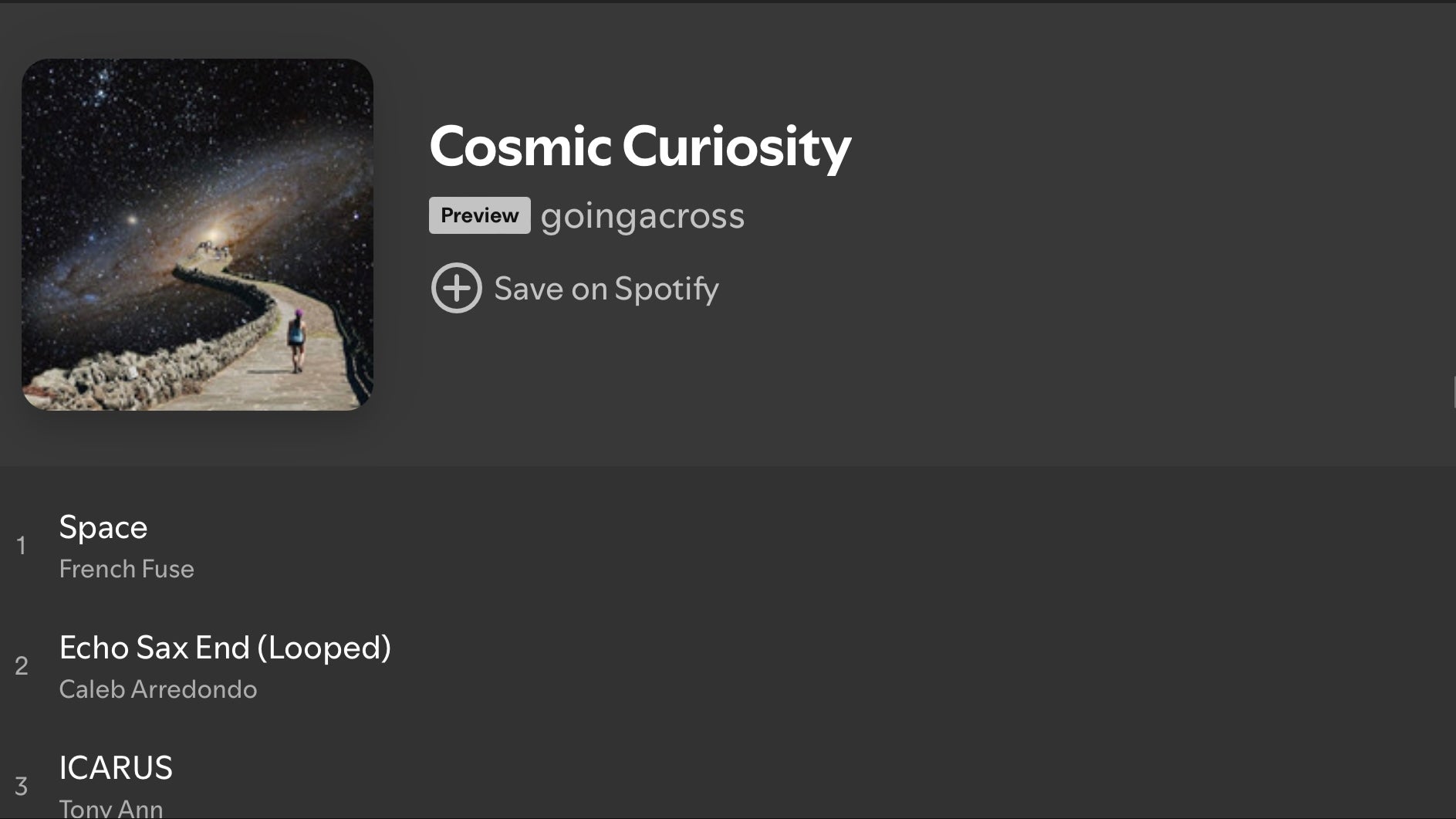
The Treaty of Duskwater
The Treaty of Duskwater
Author: Word Jelly M
I. The Arrival
No one noticed the first ship. That’s the funny part. You’d expect lights, panic, maybe a news ticker. But it came down in the Duskwater marshlands, silent as mist, at 2:13 AM on a Tuesday. It slipped through the clouds and crouched among the reeds like it had always belonged there.
Deputy Nina Travers was the first human to lay eyes on it. She’d stopped to check out what she thought was a flipped boat on the creek’s edge. Instead, she found a silver hull—no seams, no lights, no sound—half-submerged, humming low like a broken refrigerator.
“Dispatch,” she whispered into the radio. “You’re not gonna believe this.”
By the time Homeland arrived, the thing had cracked open like a pistachio, empty. No bodies. Just puddles of a dark, thick sap—cold to the touch and somehow vibrating in her palm.
Within hours, the site was quarantined. Within days, it was scrubbed. But within Nina, something had changed.
II. Nine Visitors
Across the globe, eight more ships followed—never at once, never with warning. Each one landed where humanity wasn’t looking: under Antarctic sheets, in Himalayan ravines, beneath the Atlantic trench. Each one, empty.
Governments kept quiet, mostly. The UN issued a joint statement: “Unmanned anomalies. No indication of hostility.”
That was a lie, and everyone knew it.
Dr. Rafi Sural, xenolinguist from Hyderabad, was recruited by an interagency task force called SEER—Silent Entry Extraterrestrial Response. He didn’t believe in aliens. Not truly. Not until he touched the sap they brought him in a refrigerated canister.
“It’s a language,” he said, shaking the goop like a snow globe. “It responds to resonance. It remembers pitch.”
And so they built a room, white and padded like an asylum, and sang to the sap in low tones. It rippled, darkened, and eventually, one night, rose into a shape.
A figure.
Tall. Translucent. Eyeless, but aware.
“We… do not arrive,” it said in the voice of Nina Travers. “We are the consequence of arrival.”
III. The Consequence
They called them “Vestrai.” Not because they gave a name, but because Dr. Sural dreamt it three times and woke with the word lodged behind his teeth like a fishbone.
“We are nine,” the sap-shape told them. “Nine for nine. One per origin. The rest… remain beneath.”
SEER assumed it meant the other planets. Or dimensions. Maybe alternate Earths.
“They’re not gods,” Nina told them in private. “But they don’t think like us. They don’t even move like us. It’s like trying to talk to a river.”
Still, the Vestrai stayed.
They didn’t demand. They didn’t colonize. They simply observed.
And then, a small town in Finland lost its gravity for six hours.
IV. The Uplift Effect
They called it “Uplift.” Not because it was benevolent, but because everything lifted—cars, dogs, dinner plates, people. Even the forest moss peeled upward in soft green waves. No deaths. No damage. Just… reversed weight.
SEER documented the incident and correlated it with Vestrai proximity. A pattern emerged. When the Vestrai moved (and they rarely did), physics bent like reedgrass.
“They’re not here to talk,” said Dr. Sural, “they’re here to see if we understand.”
And then came the migraines.
Hundreds reported it at first. Then thousands. Sharp, searing pain, always on the left side, always after sunset. MRIs showed temporary changes—enhanced thalamic resonance, increased amygdala activity. But nothing conclusive.
Until one child, a deaf boy from northern Chile, began humming notes he shouldn’t have known. And the sap answered.
V. The Choir
The Vestrai began to collect. Not children, not people—but their thoughts. At least, that’s how Nina put it.
“They don’t take us,” she said, “they borrow pieces. A memory here, a scent there. Whatever composes identity.”
SEER panicked. Some nations tried containment. Others proposed diplomacy. A few—China, Russia, the US—activated fail-safes.
One Vestrai was destroyed in a nuclear detonation beneath the Mariana Trench. Or at least, they thought it was destroyed.
What emerged from the blast was not anger. It was grief.
All tides across the Pacific reversed for a full day.
VI. The Vote
In an underground facility in Switzerland, world leaders met. Not presidents or generals—linguists, ethicists, poets. Those who understood nuance.
“We have two options,” said Sural. “Treat them as guests, or prepare for a war we can’t conceptualize.”
The vote was nearly unanimous. Humanity would not provoke. Humanity would host.
And so, for the first time since 1948, a new global treaty was written—not among nations, but between species.
They called it The Treaty of Duskwater.
VII. Terms of the Treaty
Vestrai will not inhabit.
Humans will not extract Vestrai residue.
No weapons in proximity.
No surveillance near the nine Sites.
All violations judged by a Joint Council of Nine (Vestrai) and Nine (Human).
It seemed fair. Seemed manageable.
Until Site Six went silent.
VIII. Duskwater Revisited
Nina was the only one who knew how to reach them. Not the creatures—they were unreachable—but the silence they left behind.
She returned to the marsh at dusk. Alone. No radio. No backup. Just a piano key in her pocket, one her grandfather gave her before he passed.
She sang. Not words. Not a song. Just tone.
And the water answered.
“They’ve gone,” came the voice—hers, but hollow. “One by one, the vessels collapse. You are not ready.”
She pressed the piano key into the mud.
“Then teach us.”
A pause.
And then a whisper like rustling leaves.
“Begin again.”
IX. What Came After
The Vestrai left. Or at least, their shapes did. The sap remained. But altered.
Now it glows faintly in ultraviolet. Now it bonds only with wood and bone. Now it speaks through dreams.
A new generation, born after Duskwater, began to hum in harmony with machines. They call themselves “Transcients.”
Their eyes flicker in storms. Their memories arrive backwards. But they remember the Treaty.
The Vestrai don’t visit anymore. They wait.
Maybe watching.
Maybe judging.
Or maybe just listening for the song that finally makes us worth the visit.
END.
If you liked this story, share with a friend!
Sign Up for Going Across Newsletter to receive new chapters in your inbox, for FREE. Join Here
The artworks are created specifically for this story. Intended to enhance the narrative and provide a glimpse into the universe of Word Jelly M.
All elements of this story, including the names, characters, plot and accompanying artworks, are the intellectual property and copyright of Going Across. Unauthorized use, reproduction, or distribution is strictly prohibited.


